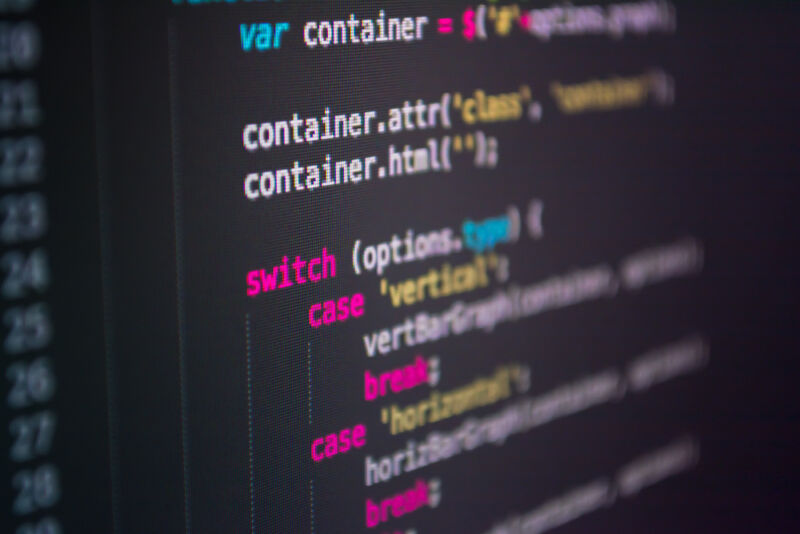Happy Thursday, TTN readers! My oh my, what a week has it been. I’m on with Mark Starling, Seth, John, and the First News 570 crew. This week is dominated by Ukrainian associated tech news. Board members resign from battered Huawei, millions are sent to Ukraine over the crypto chain, and millennials rejoice for new Uber Eats functionality . You can listen to Mark and I point and laugh while talking about the wild and crazy technology world every Thursday morning, LIVE at 6:43am Eastern by tuning into WWNC on the iHeartRadio app.
MILLIONS IN CRYPTO HEAD TO UKRAINE
On multiple occasions on multiple projects, I’ve worked with Ukrainian software engineers and I’ve had delightful experiences. My first officemate at my first post-grad job IBM was Ukrainian. Ukraine produces lots of top notch software talent, and over the years has produced some of the world’s top cryptocurrency developers. (One of the blockchains I’ve used was born in Ukraine) Illia Polosukhin has led a movement to help send donations back to his home via blockchain technologies including his NEAR protocol. All told, about $50 million in cryptocurrency have been given to wallets located in Ukraine. This news coming hot on the heels of the Biden administration signing an executive order to regulate cryptocurrency. After facing mounting sanctions Russia has worked to sidestep them by trading on the previously unregulated crypto exchanges.
MILLENNIALS REJOICE AS UBER EATS DELIVERS ON BILL SPLITTING
Have you ever gone out to eat with a group of millennials and stuck around for the check? Millennials who don’t work in accounting become actuaries and masters of double entry. Splitting a check 20 ways isn’t uncommon. Uber Eats has answered the prayers of broke millennials everywhere and has brought ‘splitting-the-check’ to their app. The upgrade will allow you to set spending limits for your group bill, order different items, and your food will arrive at the same time. The app is perfect for the person who winds up bridge financing hungry 30-somethings. The upgrade is available now.
HUAWEI BOARD MEMBERS RESIGN OVER COMPANY’S SILENCE ON UKRAINE WAR
Huawei, remember Huawei, the banned-by-US Chinese technology company? Two non-executive board members, Sir Andrew Cahn and Sir Ken Olisa, have resigned from Huawei’s board of directors over the company’s silence for not condemning Russia’s invasion of Ukraine. These resignations come as much of the world is condemning Russia’s war with Ukraine, and for Huawei the company found itself drawing much of President Trump’s administrations ire. The US had banned government entities from purchasing Huawei equipment and the US went on a worldwide campaign to have other nations follow suit. Huawei has found itself at odds with the US again. The US has put Chinese companies on notice for exporting high tech to Russia. Thing is, China and Russia have been getting more and more cozy with each other, and China has remained silent themselves.
Coming soon! Listen to The Cloud, a new podcast that dives deeper into tech.




